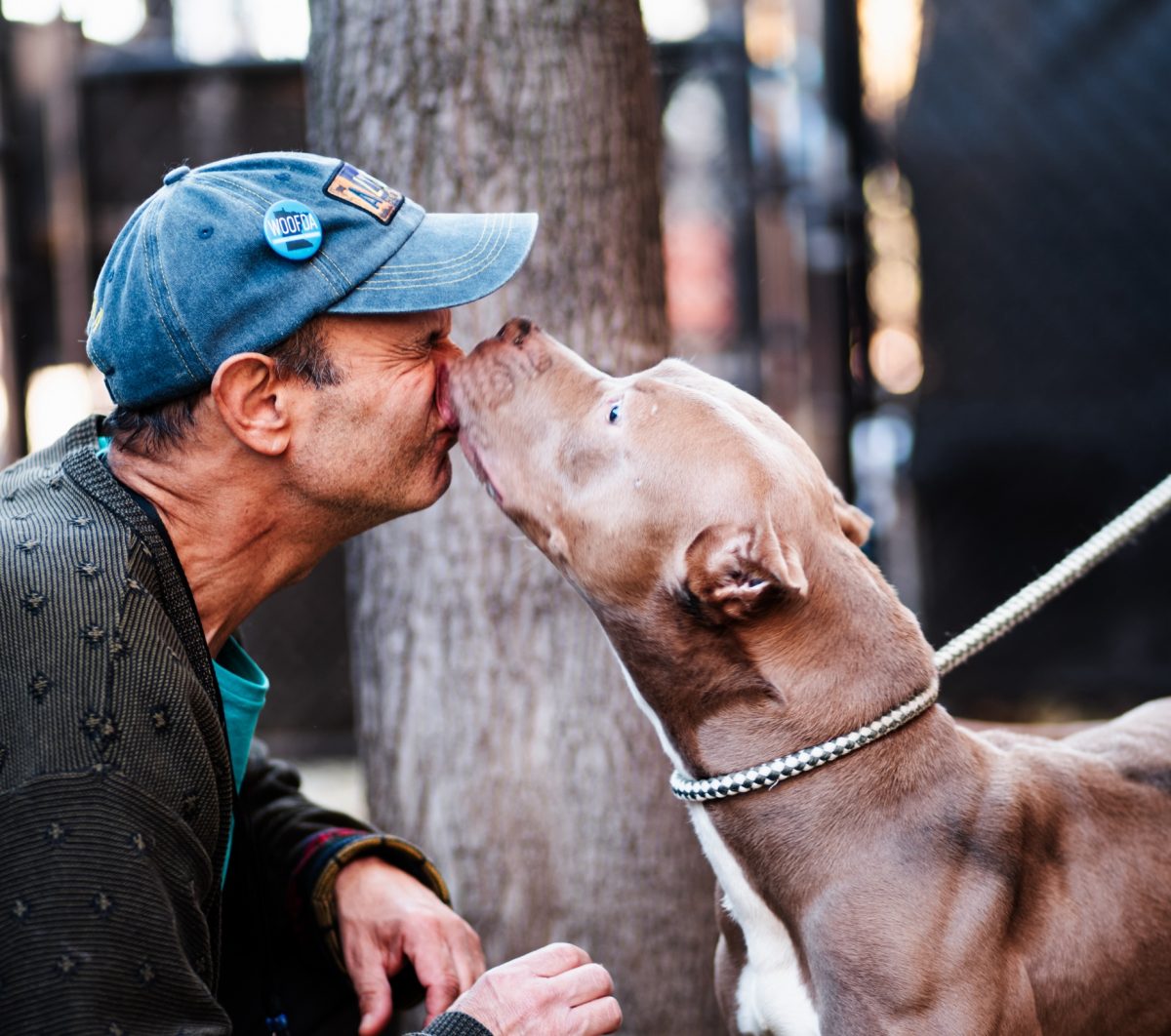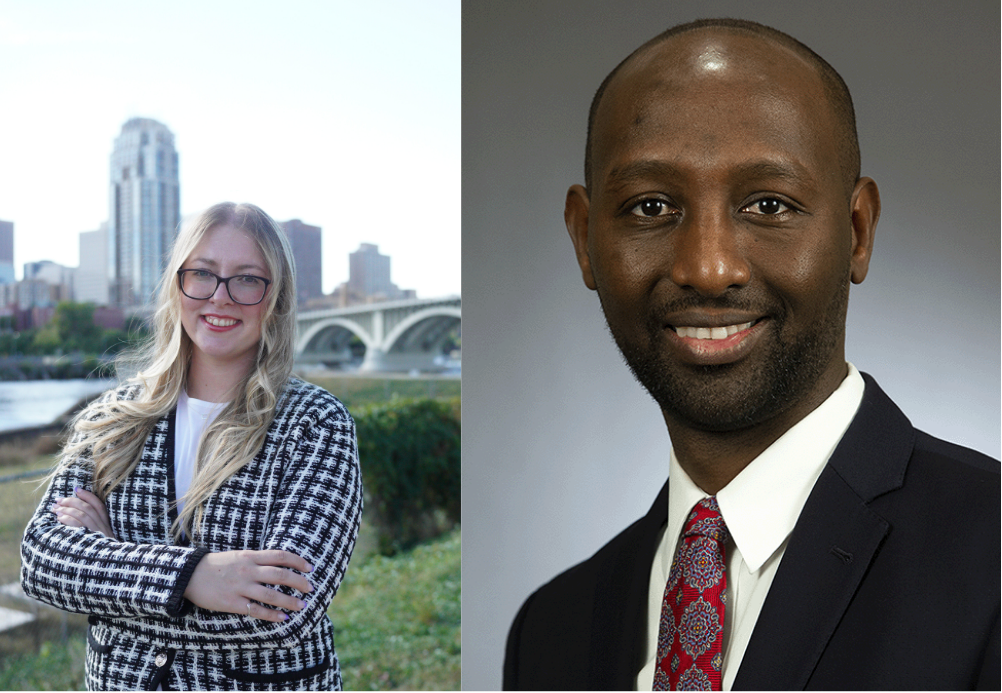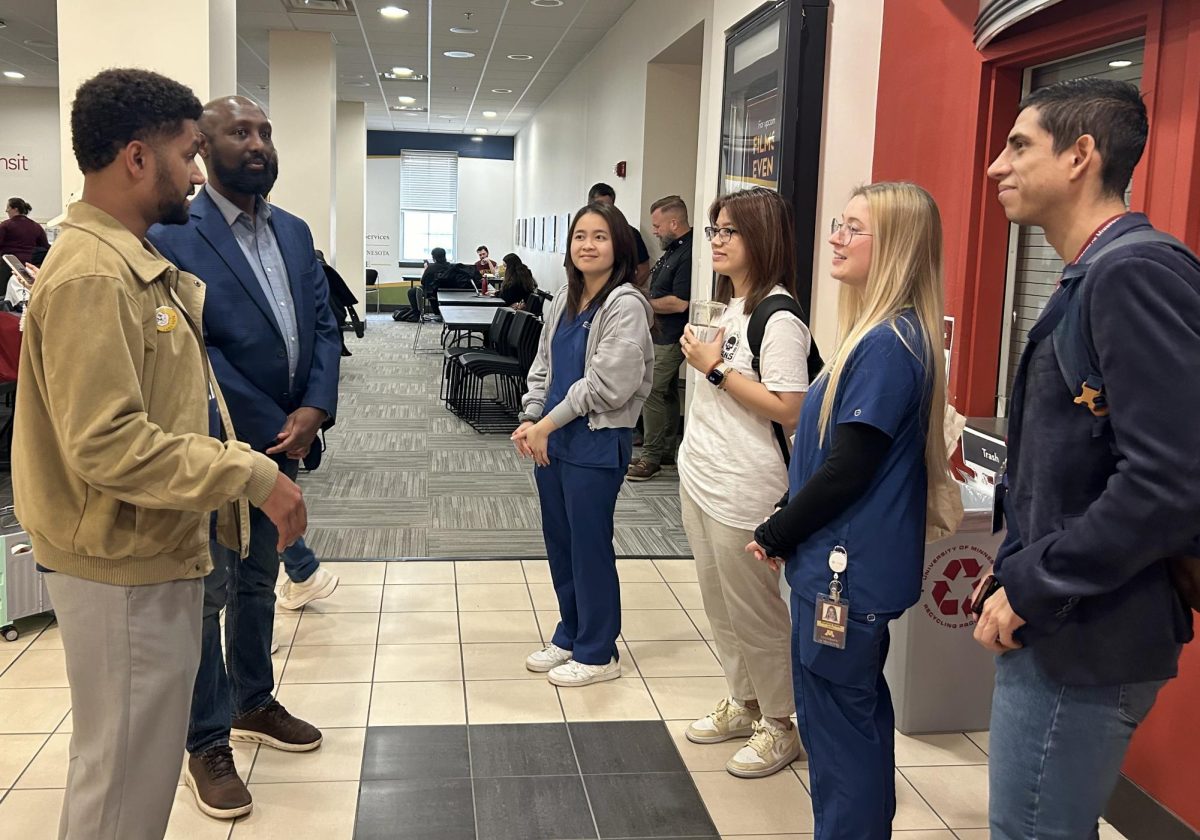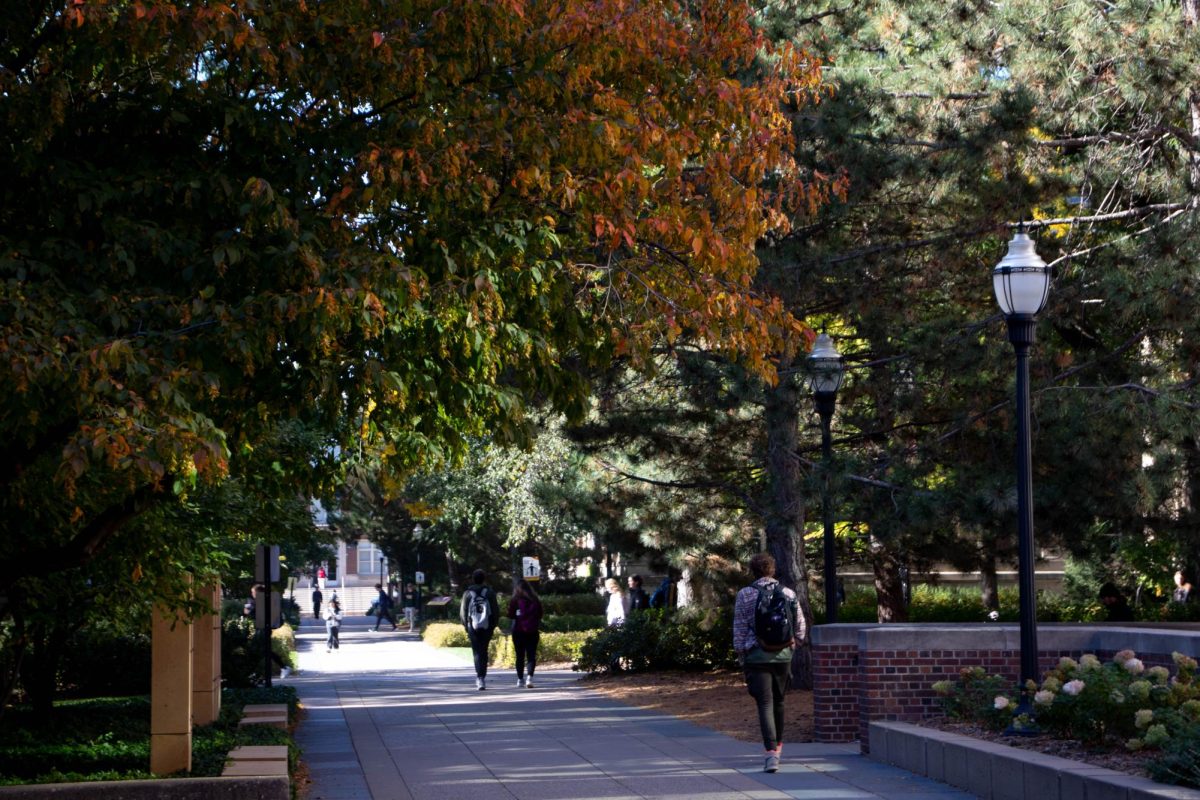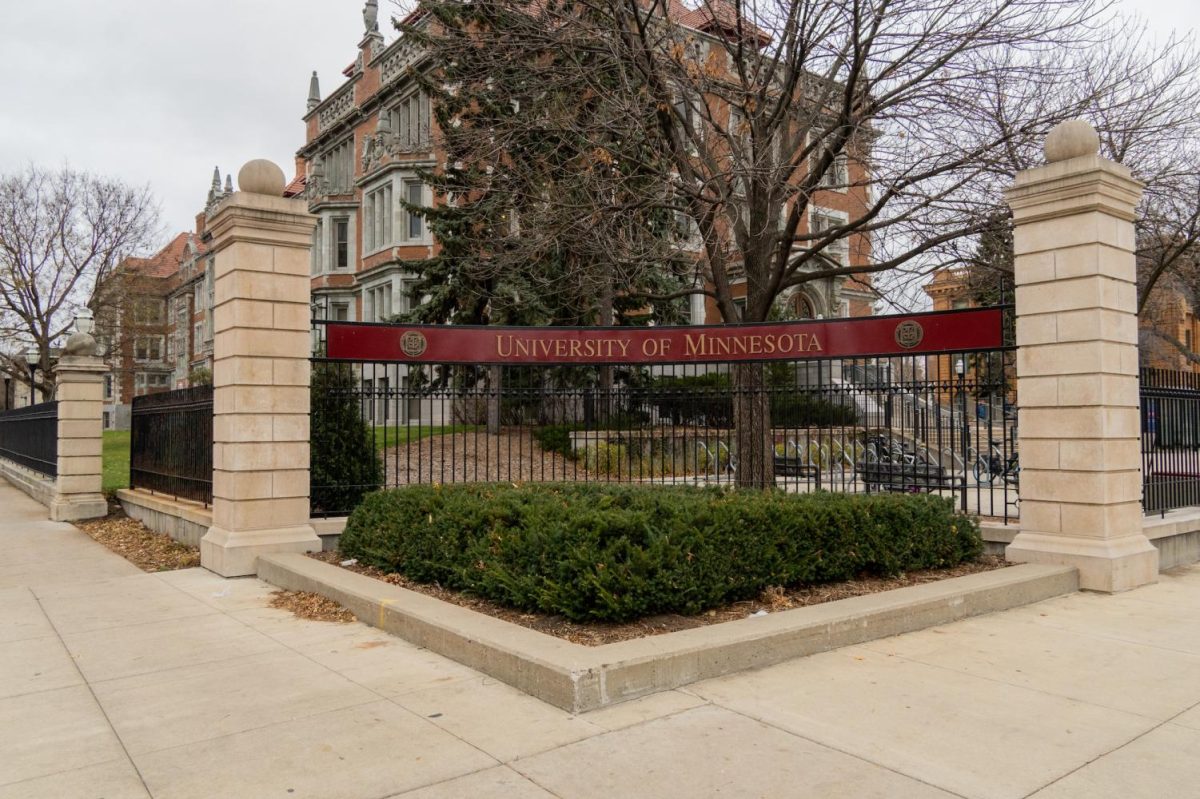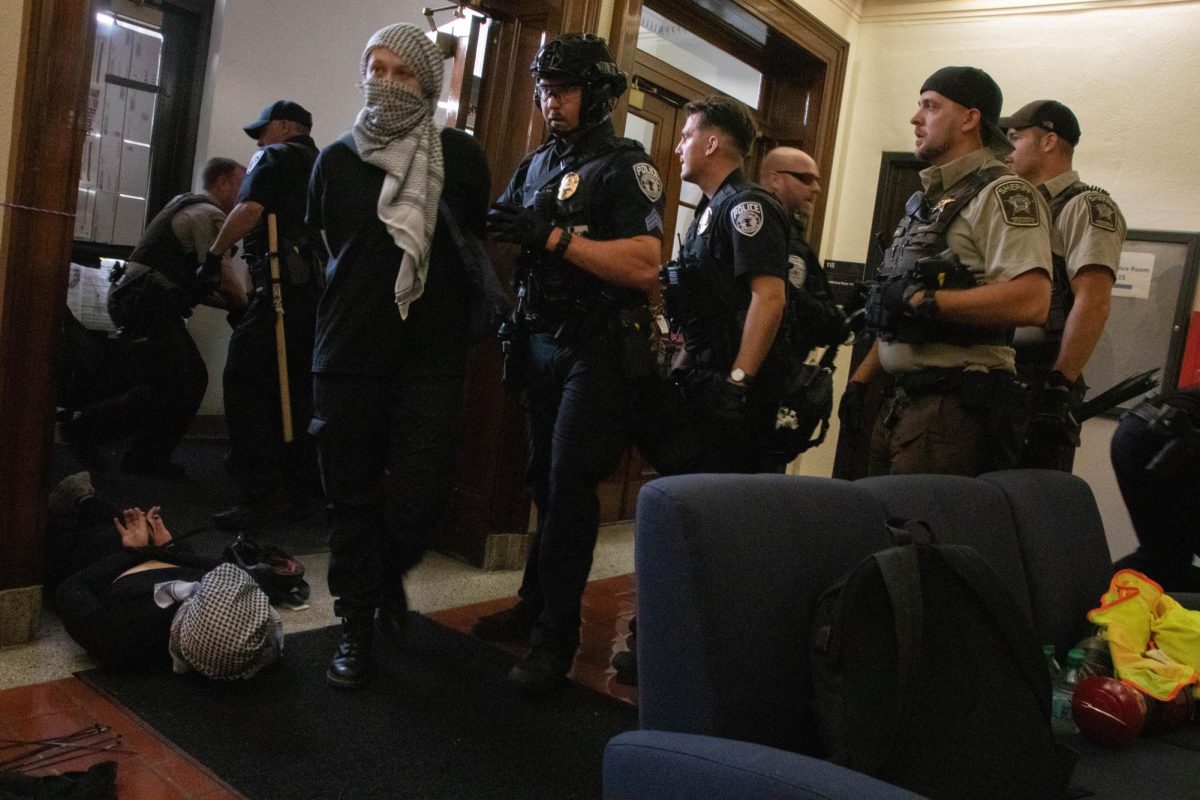The University of Minnesota’s Office of Sustainability has been working to achieve carbon neutrality on the Twin Cities campus by 2050 and combat the effects of climate change throughout the state since adopting a systemwide sustainability policy in 2009.
In 2011, the University released its Climate Action Plan, which outlined ways to reduce the University’s carbon footprint by 50% by 2021. The Twin Cities campus reached a 51% reduction in greenhouse gas emissions in 2020, according to the office.
The Office of Sustainability is now working on a new Climate Action Plan to be carbon neutral by 2050. The University began working on the current Climate Action Planning Timeline in October 2022 by setting goals. The University has been in the strategy development phase of the timeline since January and will begin implementation steps in April before finalizing the plan in June and July.
An open house to discuss the plan will be held on March 20 at Coffman Union.
The office is part of Facilities Management but works with several departments within the University, Director of Campus Sustainability Kate Nelson said.
“It is also the intent to connect with the academic side of campus and the student side of campus,” Nelson said. “It’s not just an operational endeavor.”
Student engagement is key
One goal within the office has been working to get students involved, Hannah Lauber, the sustainability communications associate, said.
“A couple members of our team have gone to meet with student groups and other classes too,” Lauber said.
Students are an important part of building the University’s new Climate Action Plan, according to Lauber.
“We have the open house coming up in a few weeks, but that’s the fourth event that we’ve had in the last 10 months,” Lauber said.
In addition, the Twin Cities campus will go through a resilience assessment to understand the full effects climate change has on the campus and who is most affected, Nelson said.
“So, really understanding how the changes in precipitation, temperature and storms will affect the infrastructure, the environment and our resources,” Nelson said.
Nelson said it is important to share what the Office of Sustainability learns and continue to engage with students and the community.
“If we don’t share those lessons, we’re not really gaining everything that we could from it,” Nelson said. “That’s part of making our students more involved because they’re the ones who are going to go out in the world.”
Work goes beyond the Twin Cities
The office is working toward effecting change across the University campuses. In May 2022, the University announced Shane Stennes, who had formerly been the director of sustainability, as the University systemwide chief sustainability officer.
According to Stennes, the University’s work throughout the different campuses is important for understanding how different types of communities across the state can respond and adapt to the effects of climate change.
“We hope by our example we can then help pave a path and demonstrate a way to approach this for other communities both large and small,” Stennes said.
The office is working with research groups, including the Minnesota Climate Adaptation Partnership and the Midwest Climate Adaptation Science Center (CASC), to understand the effects of climate change on different communities, Stennes said.
These groups send their information to city councils or community groups to assist them in making effective policy changes and decisions regarding the effect of climate change, Stennes said.
“Those are just two examples of how we’re using our research expertise to really generate new insights that are valuable for communities around the state of Minnesota and beyond,” Stennes said.
According to Stennes, graduate and undergraduate students are involved with the research done by both the Minnesota Climate Adaptation Partnership and CASC.
“They’re really critical members of those teams,” Stennes said. “There’s a ton of student engagement.”




